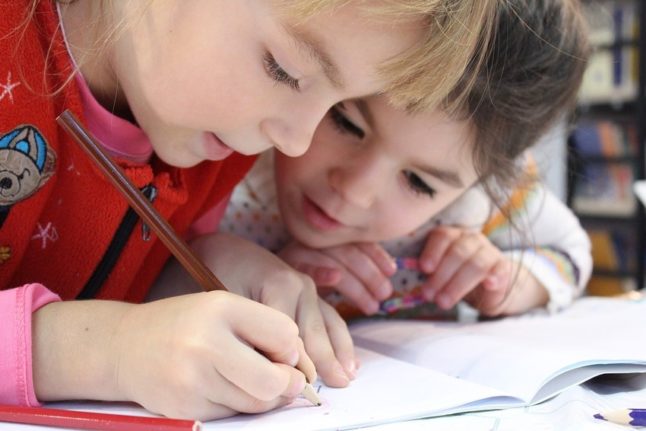1. Sandra Bullock

Photo: DPA
Sandra Bullock survived a crash from space in Gravity, but she’s also got another pretty impressive line on her CV: she speaks German. Bullock has a German mother and spent 12 years growing up near Nuremberg where her father was in the US military. Her German is apparently fluent, though she'll tell you it's a little rusty.
2. Vladimir Putin

Photo: DPA
Okay, he's maybe not the kind of celebrity you were thinking of, just one of the most powerful people on earth. As one of the top KGB men in Dresden during the fall of the Berlin Wall in 1989, he is a fluent German speaker. Maybe his time here introduced him to the Freikörperkultur or naturism, which would account for the number of times he's been photographed shirtless.

Photo: DPA
How many beers was that again, Herr Fassbender? Anyone who has seen his career-making turn in Inglourious Basterds knows Irish-German actor Michael Fassbender can speak German (although not well enough not to blow his cover as a Brit). The man who garnered further attention for showing his Wurst in Shame has good enough German to ponder roles in German-language films and productions.
4. Kim Cattrall

Kim Cattrall promoting her book in Cologne in 2005. Photo: DPA
How do you say “Oh yes!?” in German? The British-Canadian star of Sex In The City was actually born in Liverpool (not Germany), but spent much of the 1980s with her second husband in Frankfurt where she learnt to speak the tongue fluently – although now claims she has forgotten most of it.
5. Mark Strong

Mark Strong at the Sherlock Holmes premiere in Berlin. Photo: SpreePiX Berlin / Wikimedia Commons
This very British actor is best known for his serious roles in Tinker Tailor Soldier Spy and The Imitation Game. But he’s not limited to that – he also collaborated with Sacha Baron Cohen (aka Ali G, Borat and Bruno) in his film Grimsby. His mother is Austrian, so he is fluent in German, and studied German law at Munich University for a year.

Gene Simmons performing at the “Rock im Revier” festival in Germany. Photo: DPA
KISS frontman Gene Simmons was born in Israel as Chaim Witz, and moved to the US when he was eight, where he later changed his name to Gene. His mother was from Hungary and, along with her brother, survived a concentration camp during the Second World War. Simmons not only speaks German but also Hungarian and Hebrew. That's rock and roll.



 Please whitelist us to continue reading.
Please whitelist us to continue reading.
Frankly I could not give the slightest damn what “Celebrities” say, do or think.
How about Lindsey Vonn?